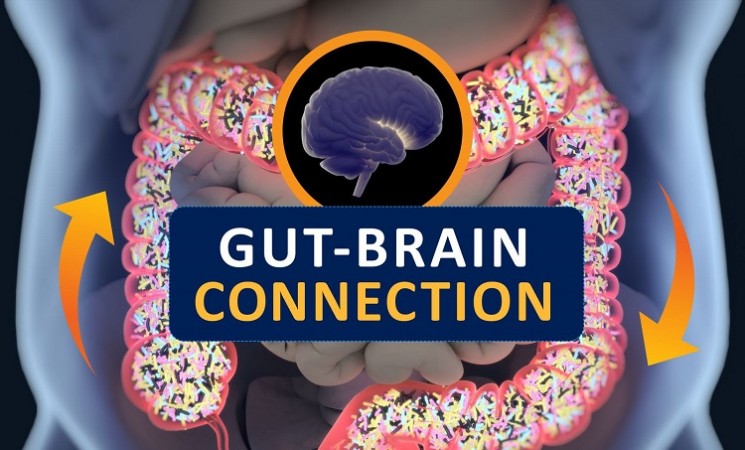
In recent years, there has been a growing body of research that highlights the intricate and fascinating connection between our gut and our brain. This relationship, often referred to as the "gut-brain connection," has profound implications for our overall health, including our mental and emotional wellbeing. In this article, we will explore the science behind this connection and discuss how maintaining a healthy gut can positively influence your mental and emotional health.
The Gut-Brain Connection Explained
The gut-brain connection is a bidirectional communication system that links the gastrointestinal tract (the gut) with the central nervous system (the brain). This communication occurs through a complex network of neurons, hormones, and chemical messengers. The key players in this connection are the enteric nervous system (ENS) in the gut and the central nervous system (CNS) in the brain.
The Enteric Nervous System (ENS): Often called the "second brain," the ENS is a vast network of neurons lining the walls of your digestive system. It can operate independently of the CNS and controls many aspects of digestion, including the movement of food through your digestive tract. It also sends signals to the brain about the state of your gut, affecting your mood, appetite, and overall sense of well-being.
The Central Nervous System (CNS): This includes the brain and spinal cord and is responsible for processing sensory information and regulating various bodily functions. The CNS receives and interprets signals from the gut, which can influence cognitive functions, emotions, and behavior.
The Gut-Brain Axis
The gut-brain connection operates through what is known as the "gut-brain axis." This axis involves constant communication between the gut and the brain, affecting not only digestion but also mood, stress response, and even cognitive function. Here are some key ways in which the gut and brain interact:
Mood and Emotions: The gut produces many neurotransmitters, including serotonin and dopamine, which play essential roles in regulating mood and emotions. An imbalance in gut bacteria can disrupt the production of these neurotransmitters, potentially leading to mood disorders like depression and anxiety.
Stress Response: The gut can influence the body's response to stress. When the gut microbiome is out of balance, it can lead to an overactive stress response, increasing the risk of chronic stress and its associated health problems.
Cognitive Function: Emerging research suggests that gut health may impact cognitive function and even neurodegenerative diseases like Alzheimer's. A healthy gut microbiome may protect against cognitive decline.
Immune System: A significant portion of the body's immune system is located in the gut. An unhealthy gut can lead to chronic inflammation, which has been linked to various mental health disorders.
Maintaining Gut Health for Mental and Emotional Wellbeing
Given the strong connection between gut health and mental/emotional wellbeing, it's essential to take steps to support a healthy gut. Here are some strategies:
Diet: Eat a balanced diet rich in fiber, fruits, vegetables, and whole grains. These foods promote the growth of beneficial gut bacteria. Fermented foods like yogurt, kimchi, and kefir are also great for gut health.
Probiotics: Consider taking probiotic supplements, which contain beneficial bacteria that can help restore gut balance.
Prebiotics: Consume prebiotic-rich foods like garlic, onions, asparagus, and leeks. Prebiotics are non-digestible fibers that nourish the good bacteria in your gut.
Stress Management: Practice stress-reduction techniques such as mindfulness, meditation, yoga, and regular exercise to help maintain a healthy gut-brain axis.
Adequate Sleep: Prioritize quality sleep, as sleep disturbances can disrupt the gut-brain connection.
Limit Antibiotics: Use antibiotics only when necessary, as they can disrupt the balance of gut bacteria.
Hydration: Stay well-hydrated to support digestive processes.
The gut-brain connection is a fascinating and intricate system that highlights the importance of gut health for overall wellbeing. By taking steps to maintain a healthy gut through diet, probiotics, stress management, and other lifestyle choices, you can positively influence your mental and emotional health. Understanding and nurturing this connection is a critical step toward achieving a holistic approach to wellness, where both physical and mental health are closely intertwined.